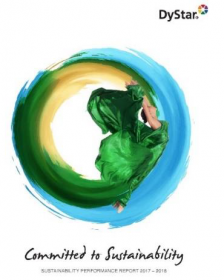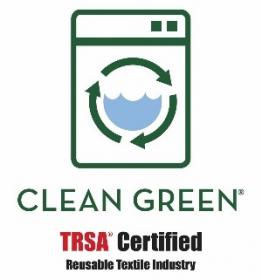Autoneum publishes Corporate Responsibility Report 2018
Assuming social responsibility and acting sustainably has been Autoneum's focus since it became an independent company. In order to achieve the best results possible, the Company last year has defined a number of quantitative and qualitative targets in the areas of “Sustainable Products and Production Processes”, “Fair and Attractive Workplace”, “Good Corporate Citizenship” and “Responsible Supply Chain Management” for 2025. In all these areas Autoneum has achieved important successes already in 2018.
Through the consistent implementation of environmental efficiency projects – a total of over 80 worldwide – Autoneum reduced its environmental impact further in 2018. For example, both the amount of waste (–5.9%) and water consumption (–13.4%) have fallen sharply. At the same time, various plants – particularly in Asia and North America – have expanded their recycling capacity, significantly increasing the amount of production waste reused in the manufacturing process (14.9%).
To further improve working conditions especially in production, measures were taken in all Business Groups in 2018 to enhance occupational health and safety and well-being in the workplace. A global employee satisfaction survey conducted in fall last year has confirmed the first positive effects of these measures.
A complete overview of all targets and activities during the past year can be found in the Corporate Responsibility Report 2018 and is available at www.autoneum.com/corporateresponsibility/.
Autoneum Management AG







